SCIENCE
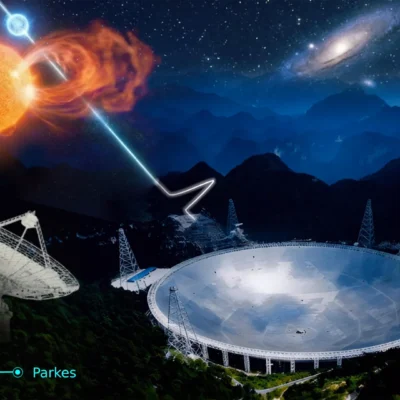
A sudden signal flare reveals the hidden partner behind fast radio bursts
- By Neclink.com
- . January 28, 2026
Astronomers from an international research team, including scientists from the Department of Physics at The University of Hong Kong (HKU), have found the clearest evidence

These common food preservatives may be linked to cancer
- By Neclink.com
- . January 27, 2026
A large study from France published by The BMJ reports that people who consume higher amounts of food preservatives may face a slightly increased risk
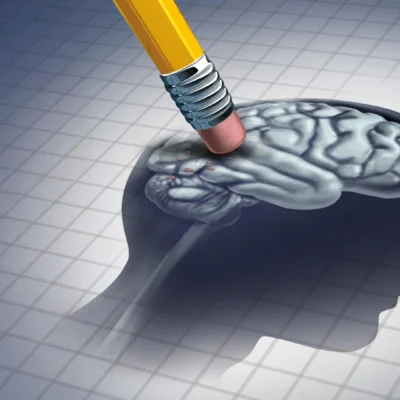
Alzheimer’s may trick the brain into erasing its own memories
- By Neclink.com
- . January 26, 2026
Alzheimer’s disease is known for one devastating effect above all others. It steadily destroys brain cells and the connections between them, breaking down the neural
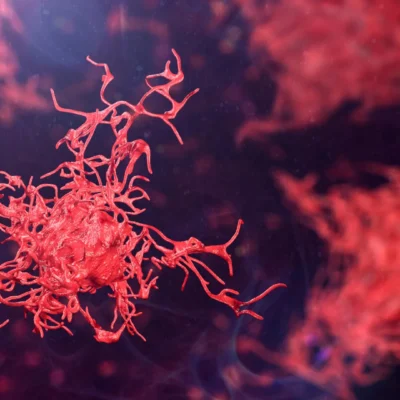
Scientists call for urgent action as dangerous amoebas spread globally
- By Neclink.com
- . January 25, 2026
Environmental and public health researchers are drawing attention to a little-known group of pathogens that may pose a rising global danger: free living amoebae. In
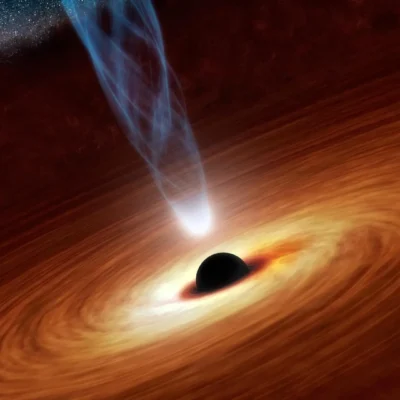
Astronomers found a black hole growing way too fast
- By Neclink.com
- . January 24, 2026
An international team of astronomers led by researchers from Waseda University and Tohoku University has identified an unusual quasar in the early Universe that contains
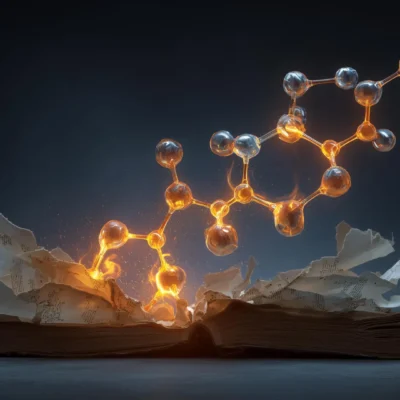
Scientists just overturned a 100-year-old rule of chemistry, and the results are “impossible”
- By Neclink.com
- . January 23, 2026
Organic chemistry relies on long established rules that describe how atoms connect, how chemical bonds form, and how molecules take shape. These principles guide how

Physicists challenge a 200-year-old law of thermodynamics at the atomic scale
- By Neclink.com
- . January 22, 2026
Two physicists at the University of Stuttgart have demonstrated that the Carnot principle, a foundational rule of thermodynamics, does not fully apply at the atomic
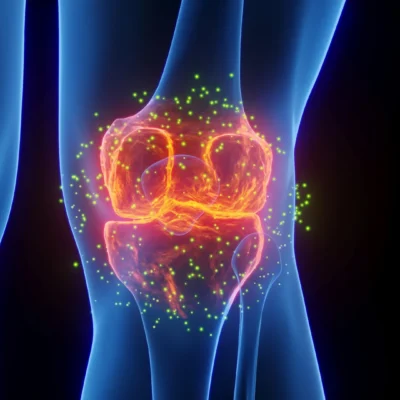
Stanford scientists found a way to regrow cartilage and stop arthritis
- By Neclink.com
- . January 21, 2026
A study led by Stanford Medicine researchers has found that an injection blocking a protein linked to aging can reverse the natural loss of knee

Major review finds no autism or ADHD risk from pregnancy Tylenol
- By Neclink.com
- . January 20, 2026
Taking acetaminophen, commonly known by the brand name Tylenol, during pregnancy does not raise the risk of autism, attention-deficit hyperactivity disorder (ADHD), or intellectual disability

Silver just solved a major solid-state battery problem
- By Neclink.com
- . January 19, 2026
Using a solid electrolyte instead of a liquid one inside a battery could enable rechargeable lithium metal batteries that are safer, store much more energy,
